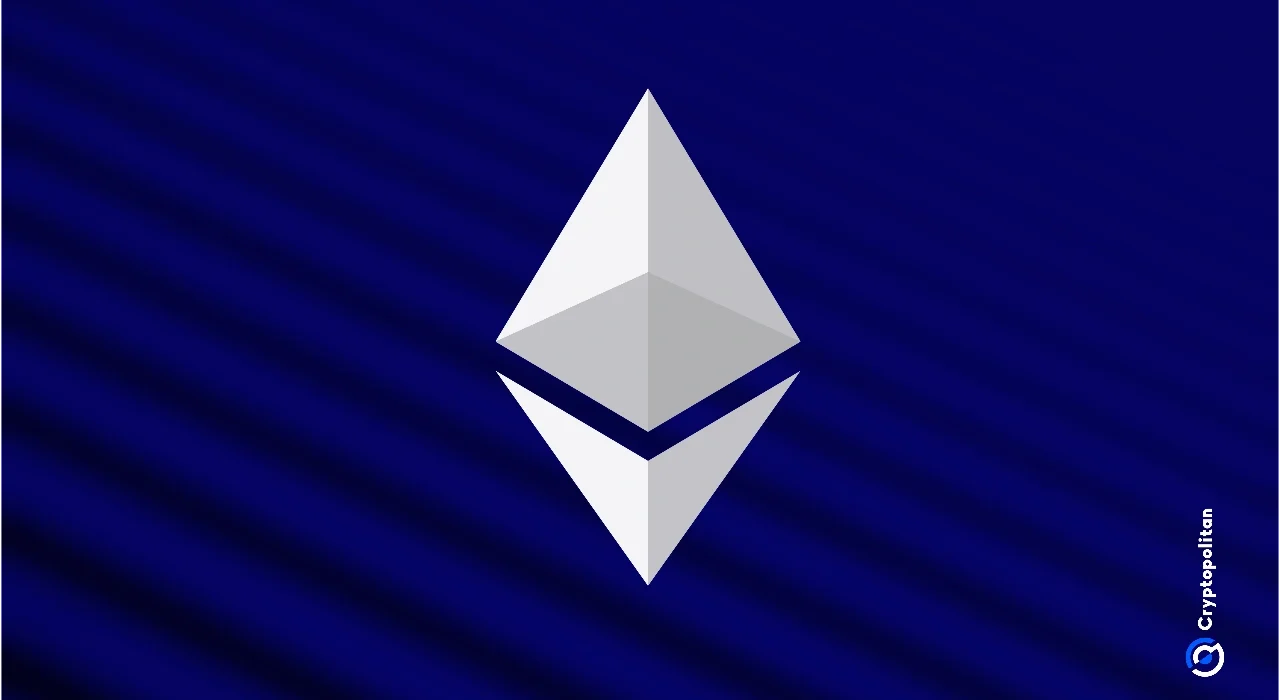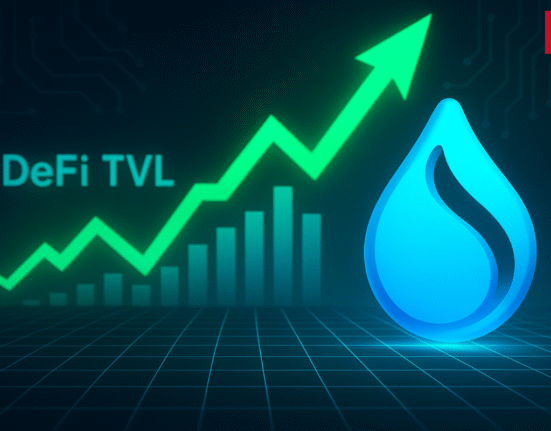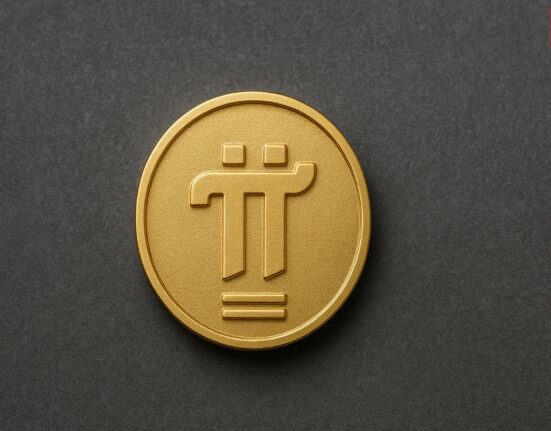The Ethereum Foundation will move 50,000 ETH in preparation for joining DeFi protocols. Until recently, the Foundation mostly used its ETH reserves to support smaller projects, often making sales of 100 ETH.
The Ethereum Foundation may start using ETH at scale to join the DeFi space and gain passive income. The Foundation has set aside 50,000 ETH for DeFi, most probably using Aave vaults. The shift to DeFi was announced by an Ethereum Foundation staff member known for his hww.eth address.
Stani Kulechov, the founder and CEO of Aave, greeted the decision as a new era for the Ethereum Foundation. So far, the Foundation mostly relied on Cow Protocol for swaps, with few other interactions with DeFi.
This is incredible from EF. This is the beginning of a new era for EF, powering and participating in DeFi on Ethereum.
After building 8 years on Ethereum, this feels really good. Thank you for using Aave. https://t.co/a3n0H6rTly
— Stani (@StaniKulechov) January 20, 2025
To that end, the Foundation set up a new multi-sig wallet using Safe. The wallet will receive the 50,000 ETH deposit in a few days when all signatures are gathered and the transfer is completed. The move arrives at a time when ETH once again consolidated around $3,300, failing to rally despite the performance of BTC.
In addition to the first transfer, the Ethereum Foundation plans to use Safe for long-term fund storage, moving some of its remaining reserves.
The decision follows talks on the role of the Ethereum Foundation, where Vitalik Buterin talked about changing leadership and roles.
Will the Ethereum Foundation get liquidated?
Ethereum Foundation will set up a loan on Aave, receiving other assets for depositing its ETH. The biggest risk remains Aave liquidation, which would leave the Foundation with stablecoins while losing the collateral. Aave remains one of the top DeFi protocols, locking in more than $21B in its collateralized loans. The protocol serves as a source of passive income for other DeFi apps like Sky Protocol and will lend its technology to Trump’s World Liberty Financial.
The Ethereum Foundation wallet has already performed a test transaction to Aave, picking it as one of the most liquid DeFi protocols. Until now, the ETH held by the Foundation has been mostly passive, sold directly at all price ranges. A loan on Aave would have a liquidation range, which could be offset with additional ETH deposits.
The Ethereum Foundation holds a total of 271,415 ETH, remaining after years of selling and investments. The still significant reserve means the Foundation may earn passive income even by staking through the Beacon Contract. The community feedback aims at finding ways to retain the ETH and instead rely on passive income to sell expenses. The Ethereum Foundation aims to find the right tools to avoid token loss or encounter exploits.
The Foundation most often uses DAI for stablecoin use cases, acquiring the asset through decentralized swaps. The Foundation currently holds 298,102 DAI.
With an Aave loan, the Foundation will avoid its long-running practice of selling small amounts of ETH from its widely scrutinized wallet. Any selling from the Foundation is seen as bearish for ETH. However, a liquidation of the loan may also deepen the losses for ETH.
The decision to deposit 50,000 ETH to a DeFI protocol came after the Ethereum Foundation had another series of ETH sales. In the past 12 months, the Foundation sold 4,666 ETH for its operational needs, a scale much smaller in comparison to the intended Aave deposit.
Ethereum Foundation is still criticized for not boosting ETH
In a heating meme token market, the Ethereum Foundation kept receiving criticism for its failure to boost ETH market prices. The Foundation has paid out regular salaries in fiat while sending funds to relatively weak projects.
The Ethereum Foundation also worked as a Tier 2 investment fund, with participation in 17 projects. The Foundation participated in rounds valued at $10M-$20M, with most of its investments made in 2023. Since then, the Foundation practically stopped its funding activity. The early investments achieved 107.8% growth, a rather tame figure in the world of crypto.
The Ethereum Foundation also did not follow the hottest narratives, instead focusing on trends promising utility. Some of the investments included account abstraction projects, wallet builders, smart contract platforms, and cross-chain functionalities. Most of those narratives slowed down in 2024, as other tools emerged to tap meme tokens.
The recently proposed changes to the Foundation may break it out of its relatively slow response to the shifting trends of the crypto market.
From Zero to Web3 Pro: Your 90-Day Career Launch Plan








